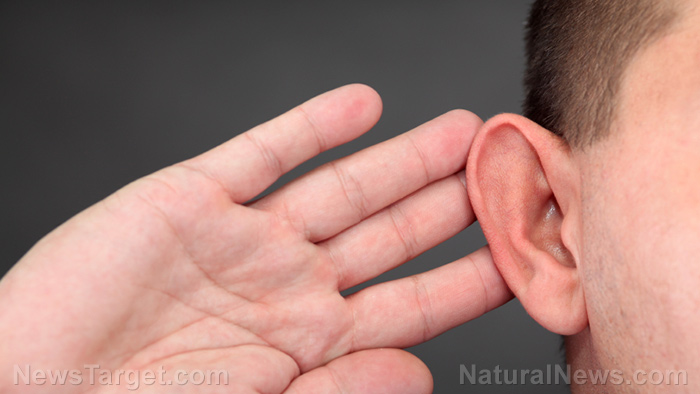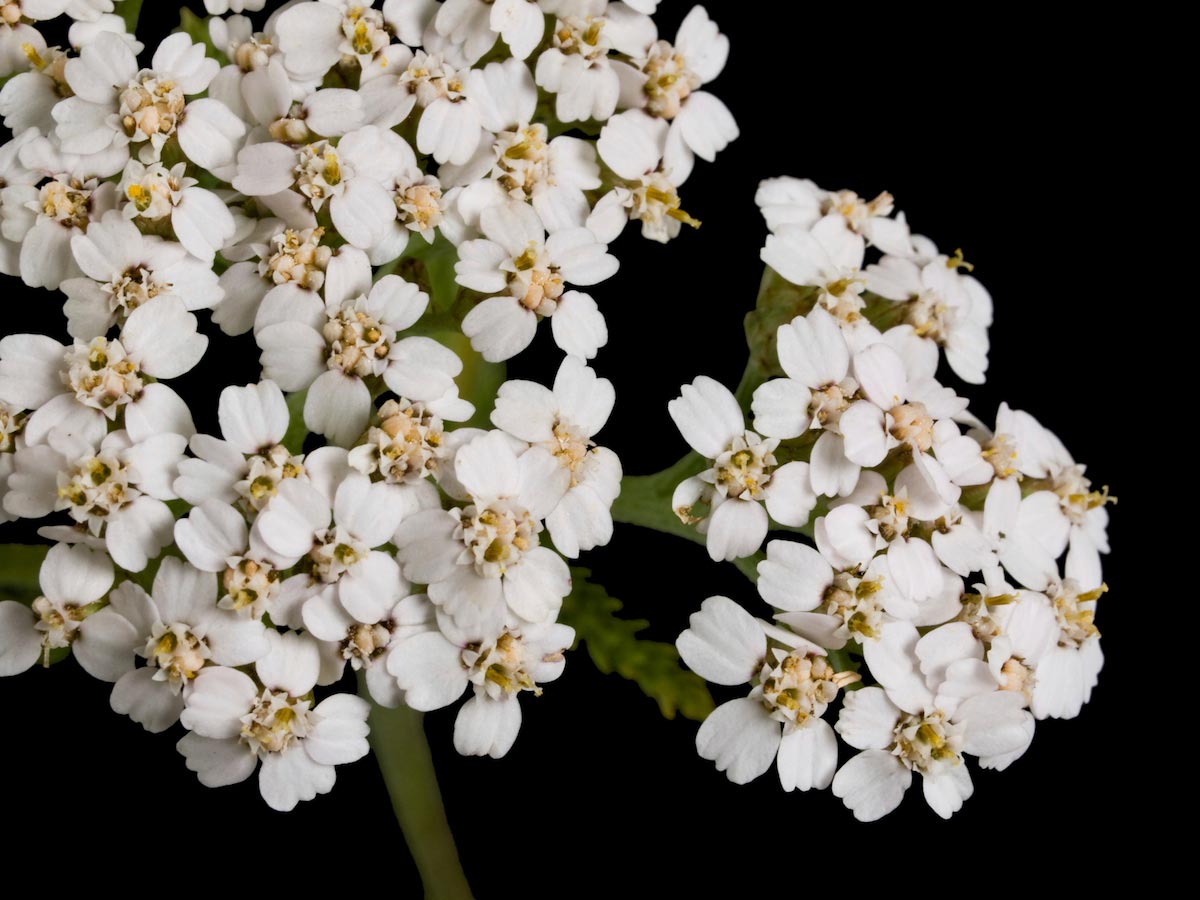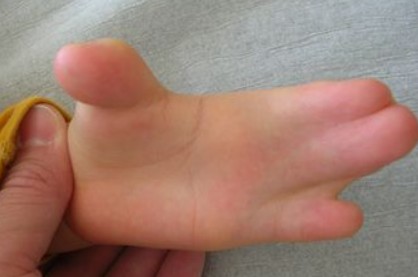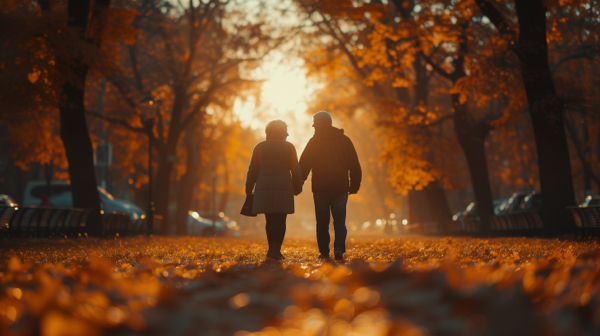STUDY: Sleeping early is key to a more active lifestyle
07/22/2025 / By Ava Grace
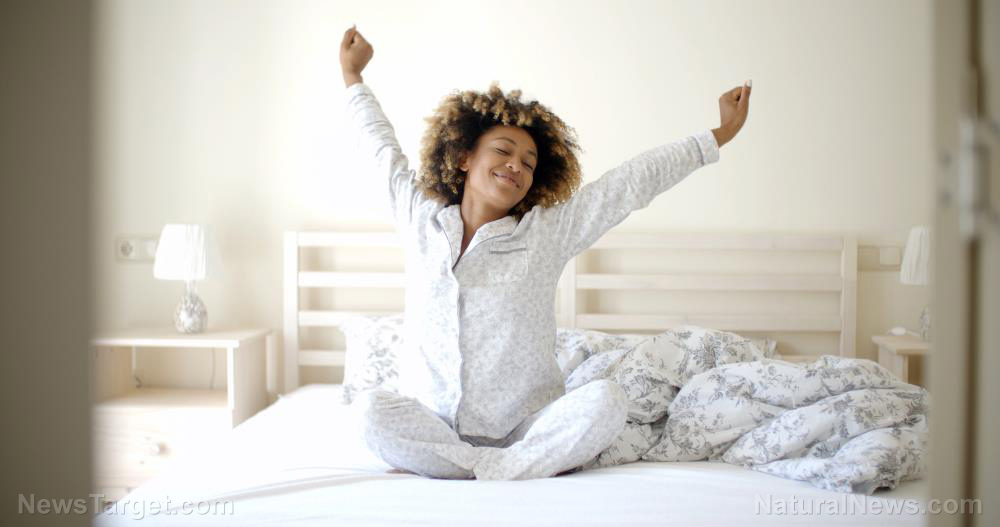
- A Monash University study of 20,000 people found that those who slept around 9 p.m. exercised 30 minutes more daily than night owls, suggesting sleep timing, not just duration, enhances physical activity.
- The body’s internal clock regulates energy and motivation. Misalignment with societal schedules (“social jetlag”) disrupts cortisol levels, leading to fatigue and reduced movement.
- Early sleepers naturally engage in more activity (e.g., taking stairs), while late nights trigger a 48-hour slump in movement and motivation.
- Gradually shifting bedtime earlier, reducing evening light exposure and maintaining consistent wake times can reset sleep cycles for better energy and activity levels.
- Modern lifestyles clash with natural sleep patterns, but aligning with circadian rhythms can combat burnout and sedentary habits without relying solely on willpower.
In a world where exhaustion seems inevitable, a groundbreaking study reveals a simple yet powerful solution to the modern struggle with exercise: go to bed earlier.
Researchers at Monash University tracked 20,000 people for a year using fitness wearables and discovered that those who hit the hay around 9 p.m. naturally exercised 30 minutes more per day than night owls burning the midnight oil. The findings, published in the Proceedings of the National Academy of Sciences, challenge conventional wisdom about willpower and discipline, suggesting that sleep timing – not just duration – may be the missing link in sustaining an active lifestyle.
The study analyzed sleep and activity patterns using wearable devices like WHOOP and Fitbit. The results were striking: early sleepers weren’t just well-rested – they were more physically active without consciously trying. Those who shifted bedtime from 11 p.m. to 9 p.m. gained an extra 15 minutes of daily movement. This phenomenon isn’t just about energy levels, it’s rooted in biology. The human body operates on a circadian rhythm – an internal clock that regulates sleep, hormones and even motivation. When that rhythm clashes with societal demands – like early work schedules – it creates what scientists call “social jetlag.” (Related: Night owls are at risk of various diseases because of poor eating habits, reveals study.)
Social jetlag: The hidden saboteur
Social jetlag occurs when your natural sleep cycle conflicts with your daily obligations. Night owls forced to wake at dawn experience chronic fatigue, akin to permanent jet lag. The Monash study found that this mismatch doesn’t just cause grogginess, it erodes the innate drive to move. Cortisol, the body’s stress hormone, plays a key role. Normally, cortisol peaks in the morning to fuel alertness and tapers off at night. But late bedtimes disrupt this cycle, keeping cortisol elevated when it should decline. The result? Poor sleep, inflammation and a drained motivation reservoir.
Resetting your sleep clock doesn’t require drastic changes. Gradual adjustments, like shifting bedtime 15 minutes earlier every few days, can help. Dimming lights two hours before bed cues melatonin production, while maintaining consistent wake times – even on weekends – stabilizes your rhythm. A cool, dark and screen-free bedroom environment further promotes deeper rest.
Why this matters now
Historically, humans rose and slept with the sun. Industrialization and artificial light disrupted these patterns, but biology hasn’t caught up. In an era of burnout and sedentary lifestyles, this research offers a counterintuitive fix: Prioritize sleep timing to unlock natural vitality.
“Rather than just promoting sleep and physical activity independently, health campaigns could encourage earlier bedtimes to naturally foster more active lifestyles,” said lead researcher Josh Leota, a research fellow in psychology at Monash University.
The age-old adage “early to bed, early to rise” holds scientific merit. For those battling exercise resistance, the solution may not lie in grueling workouts but in aligning with the body’s innate rhythms.
Watch and discover tricks to adjusting bedtime for better sleep.
This video is from the Healing the Body channel on Brighteon.com.
More related stories:
Early birds are healthier and happier than night owls, study finds.
Night owls at increased risk for dark personality traits, illness and depression.
Early to bed, early to rise: Study confirms the benefits of sleeping early for preventing diabetes.
Are you a night owl? You may be at risk of dying earlier, according to research.
Seven Super Foods for Good Sleep.
Sources include:
Submit a correction >>
Tagged Under:
chronic fatigue, exercise, fitness, health science, inflammation, lifestyle, men's health, Mind, mind body science, natural health, natural medicine, real investigations, research, sleep, social jetlag, women's health
This article may contain statements that reflect the opinion of the author

